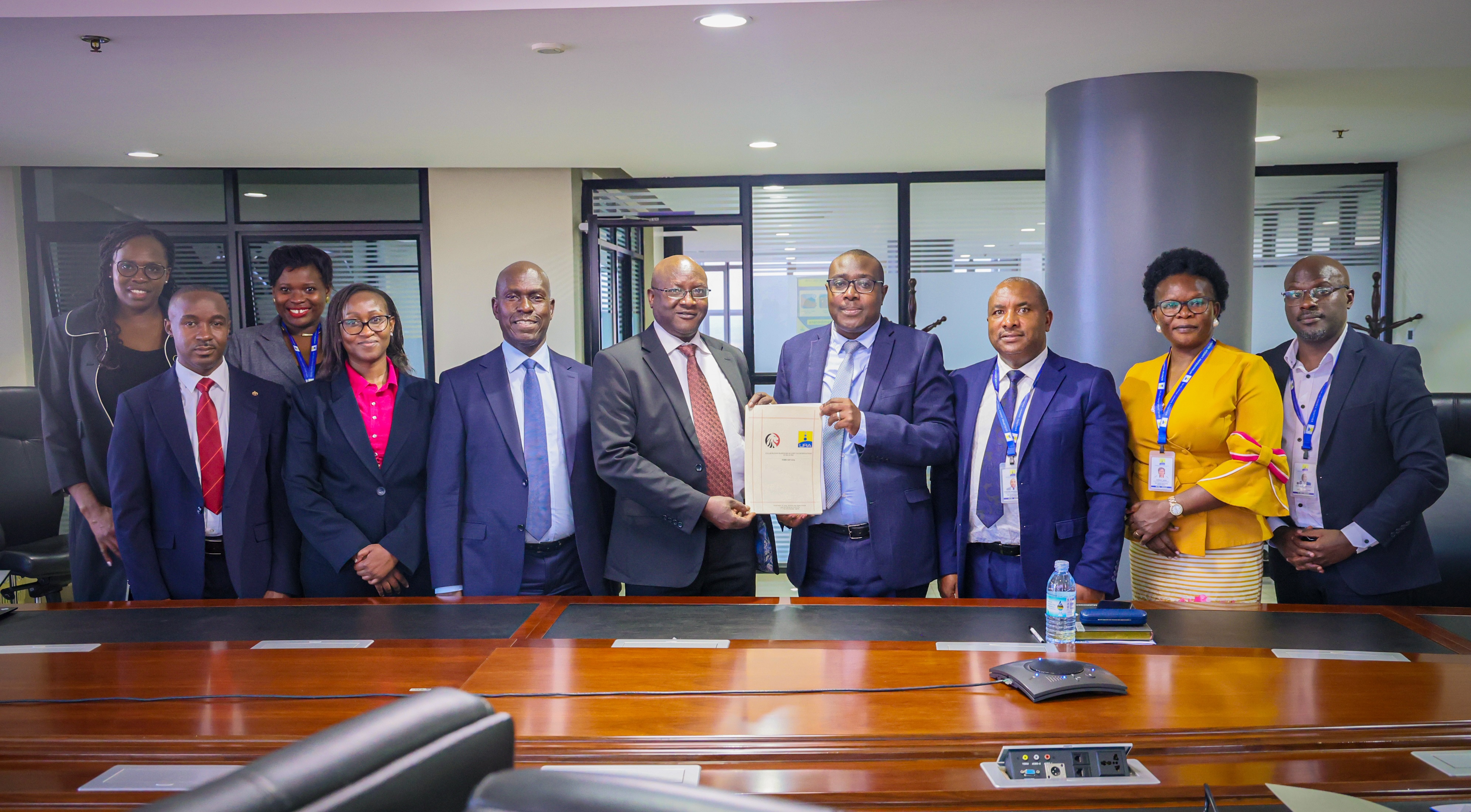
Uganda Revenue Authority (URA) and Kenya Revenue Authority (KRA) have committed to an inter-agency collaboration and formalized a strategic partnership framework in a step to curb cross-border illicit trade and any related kind of tax evasion.
On Friday, URA’s Commissioner for Tax Investigations, Denis Kugonza, and KRA’s Commissioner for Investigations and Enforcement, David Yego, signed this groundbreaking Joint Collaboration Framework.
This shared commitment, amongst many things, charges both agencies to a unified approach in tackling trade-related risks, such as smuggling, illicit financial flows and other conspicuous revenue leakages, through intelligence sharing, joint investigations and coordinated cross-border interventions between both investigative bodies.
This framework was born out of a high-level meeting between the two commissioners on November 5, 2024, in Nairobi, Kenya. During the discussions, they agreed on the need for a unified strategy to address cross-border trade challenges.
As a result, a joint task force, comprising experts from both agencies, was formed to develop clear guidelines to realize this objective for its implementation.
Kugonza hailed the new framework as a landmark commitment of “great proportions” between two “brotherly neighbors,” calling it a bold step in the fight against tax evasion, an issue he described as an “existential threat” to their nations’ economic growth.
“We lose a significant amount of much-needed revenue due to fraudulent activities like smuggling and Illicit financial flows,” Kugonza revealed, adding, “As a result, trade takes a hit and our macroeconomic conditions are stifled, forcing us to rely on borrowing again and again just to cover government expenses.”
Kugonza couldn’t be more right going by a 2023 report from the Daily Monitor which shows that Uganda loses between Shs. 2 trillion to Shs 6 trillion in illicit flows per year, an amount that could either clear all domestic debt in one go, or fund the Ministry of Trade’s budget for about 10 years.
According to the enforcement performance report, In the first half of FY 2024/25, country-wide operations led to a recovery of UGX 48.19 billion as a consequence of 10,809 seizures of which, 10,030 were for dutiable goods and 779 seizures for non-dutiable goods. 10.60% of this was from outright smuggling.
Kugonza revealed that once stricter measures are in place, the two tax bodies will unlock their full potential, generating the revenue needed to boost tax-to-GDP ratios to at least 20%, as the regional benchmark. Achieving this, he noted, would provide a solid financial foundation to drive national development.
Yego revealed that he had been pushing for this arrangement since 2017. He admitted that for years, smugglers and tax evaders had taken advantage of the border, slipping between the two countries to avoid prosecution and investigation.
“With our combined efforts,” he declared, “We will close the remaining loopholes these criminals exploit, ensuring they face justice with nowhere left to run.
Yego said that the success of this arrangement will bring back much-needed fairness and confidence into the taxation systems where every individual contributes their fair share of taxes to the national coffers, ensuring also that trade is balanced.
Julius Nkwasire, the Assistant Commissioner of Intelligence also stressed that the swift exchange of intelligence is key to the framework’s effectiveness. “Investigations are like perishable goods,” he explained. “If you delay, you lose your chance, rendering all efforts useless. That’s why we must act swiftly and decisively.”
By Dismas Nuwaine






No Comments yet!